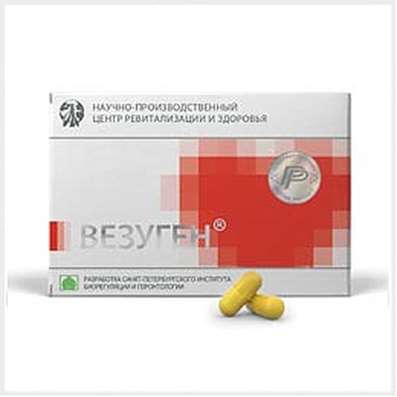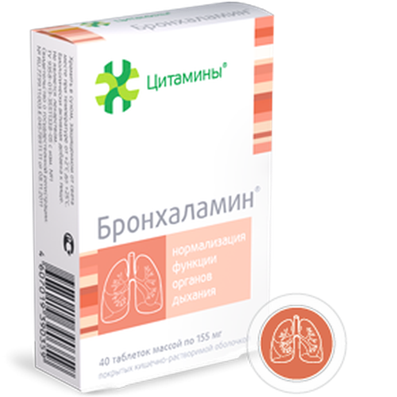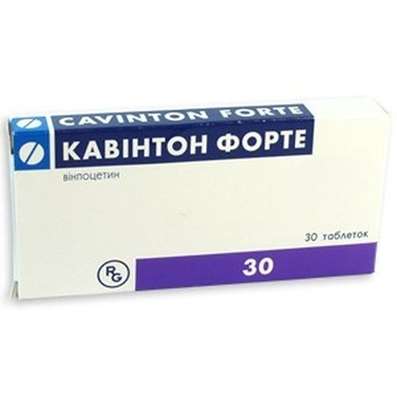Functions of peptides in the body
30 Oct 2017
In modern molecular biology, peptides (translated from the Greek "πεπτίδια" - "small digested") are called protein fragments consisting of amino acid residues linked together by amide bonds. These natural or synthetic biologically active compounds act as the main information carriers, the trigger signal for the synthesis of specific proteins. What are the main functions of peptides in the human body?
The role of peptides in the process of vital activity
Biological functions of peptides are very diverse. First of all, they depend on the primary structure of these biosubstrates, as well as on oxidation-reduction, complexing and acid-base properties.
Most peptide compounds synthesized in the human body are hormones that regulate the course of certain physiological processes. This group includes:
- Releasing factor of the hypothalamus, which controls the pituitary gland;
- Vasopressin, regulating the water and mineral balance,
- Insulin, responsible for maintaining normal blood glucose levels;
- Oxytocin, which causes a decrease in the muscle fibers of the uterus and mammary glands in women;
- Melanocyte-stimulating hormone, responsible for pigmentation of the skin and protection from sunlight;
- Opoid peptides, which play an important role in the formation of emotions, motivations, attachments, etc.
Also, attention should be paid to the fact that the biological and physiological functions of peptides and proteins having similar conformation of chains are essentially the same.
Specific functions of biologically active peptides
The main functions of peptides endowed with biological activity are very diverse and multifaceted. These protein complexes, connecting with a particular area of DNA, trigger the synthesis of protein molecules responsible for the vital activity of cells of all tissues and organs without exception. It is the short chains of amino acids that determine the hormonal background, various forms of emotions, help to adapt to the surrounding conditions, coordinate the metabolic processes, the work of all systems and tissue structures.
By listing the specific functions of peptides in the body, it should be noted that the effect of these amino acid compounds is very short, and the breaks that occur in their short molecules lead to various disorders and diseases. Therefore, to date, the main task of molecular genetics is the synthesis of synthetic peptides with a longer life and the creation on their basis of special pharmacological drugs.

 Cart
Cart





